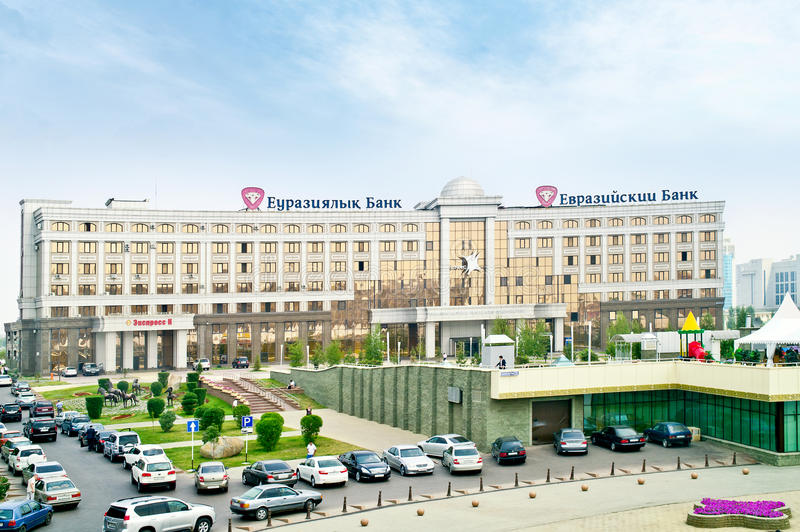The world’s largest cryptocurrency exchange – Binance – signed a Memorandum of Understanding (MoU) with the Financial Monitoring Agency of the Republic of Kazakhstan.
Both parties expressed an interest in creating a safe crypto environment and reducing financial crime in the area.
AFSA
Less than two months ago, the Binance exchange fulfilled its goal by obtaining regulatory approval from the Astana Financial Services Authority (AFSA).
An announcement was recently made that Binance has signed an MOU with the Financial Monitoring Agency of the Republic of Kazakhstan. This mainly aims to grant domestic investors enhanced protection when investing in digital assets within the territory.
The partners will also monitor for any illicit activity involving cryptocurrencies, such as money laundering and terrorist financing, and block such assets if identified.
Tigran Ghambaryan, the Vice President of Global Intelligence and Investigations at Binance, said that the platform has the most robust compliance program in the industry and is capable of detecting suspicious activity and halting fraudulent cases.
“We are grateful to the financial monitoring agency of the Republic of Kazakhstan for their cooperation in solving problems in the rapidly growing cryptocurrency industry,” he said.

The signing of the memorandum is part of Binance’s global training program that aims to reduce monetary crime and create a safe ecosystem for people who want to be part of the digital asset sector.
The project has already occurred in Italy, France, Canada, the UK, Norway, Brazil, Paraguay, and Israel.
Kazakhstan Eurasian Bank
The president of Kazakhstan said last week that the country is willing to turn itself into a global hub for cryptocurrencies.
He said that the authorities might conversion of digital assets to cash and vice versa in a regulated and secure manner. Currency conversion is already happening at the Astana International Financial Center.
Kazakhstan’s focus on cryptocurrencies could be due to the recent influx of Russian migrants.
It is estimated that nearly 100,000 Russians have entered the southern neighbor since Vladimir Putin ordered a “partial” mobilization.
Will the Kazakhstan Eurasian Bank be a direct competitor to the Russian government or there lies a future partnership as the two governments look at making legalizing cryptocurrency?

